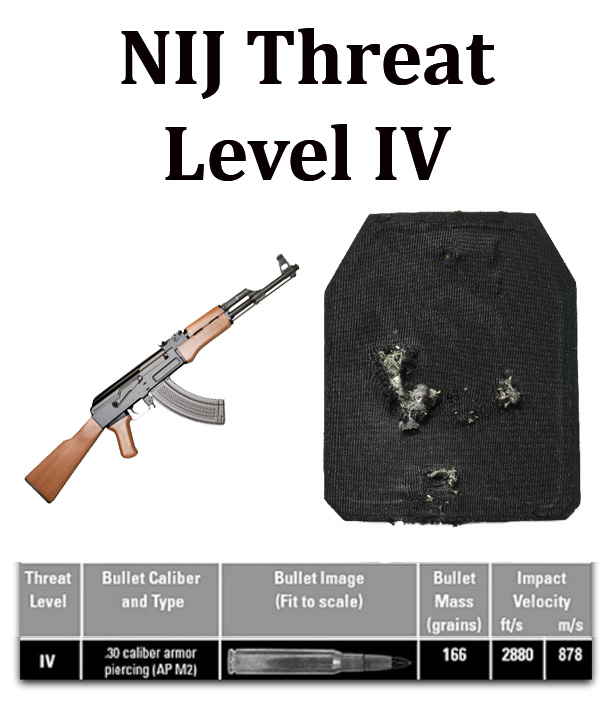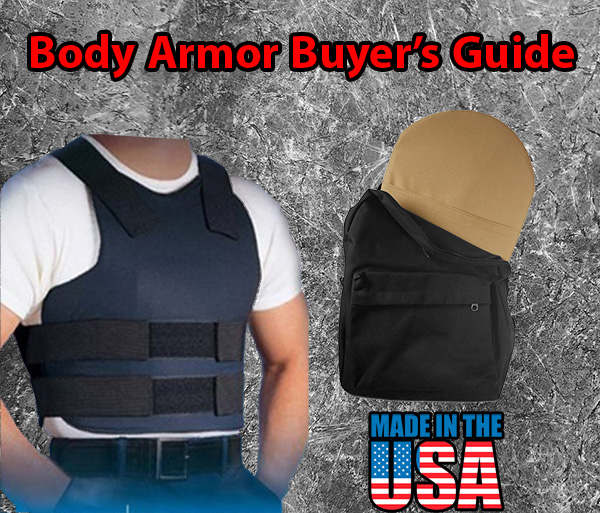
Restrictions and Legal Ownership of Body Armor Products
Can Civilians Legally Own Body Armor?
Yes, Civilians can own body armor! Body armor is legal for almost everyone to own (excluding a few restrictions listed below)! If a company restricts body armor sales to government only,
that is not by law – it is their own personal preference.
There Are Three Very Important Body Armor Restrictions:
- If you’ve been convicted of a violent felony, Body Armor is illegal to own.
- Body armor is not meant for criminals and cannot be owned by them. Wearing body armor while committing a crime increases your penalties greatly.
- Civilians in Connecticut are not allowed to purchase body armor online and have it shipped to them. Body armor purchases in Connecticut may only be done in person, not online.
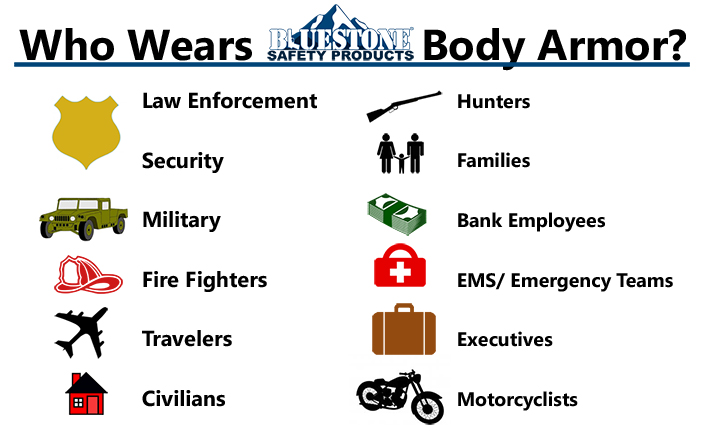
Can Body Armor Be Purchased Online?
YES! Body armor can definitely be purchased online to keep your family safe. While some websites restrict body armor sales to law enforcement only, that is by their policy only. Civilians can buy body armor online too as long as they are not affected by the three important restrictions listed above. At BlueStone Safety we realize that Body Armor is purely a defensive item.
What is the “NIJ Rating” of Body Armor and What Does it Mean?
When shopping for body armor, it’s extremely important to look for the NIJ (National Institute of Justice) Rating. The NIJ rating of body armor is the ballistic standard of resistance used across most of the world. In order for a body armor product to become NIJ rated, it needs to withstand very extensive tests and pass guidelines by a NIJ certified 3rd party ballistic laboratory. If you want to make sure you’re purchasing a quality product that is proven to stop the ammunition that it claims to, always look for the NIJ rating.
Before you purchase body armor, you should always look for ballistic testing information so you can verify the quality of the product you’re buying. If a company doesn’t show it, ask before buying.
Important NIJ Protection Level Information
What are the best NIJ Protection Levels?
Body armor is available as soft panels or hard plates. At BlueStone Safety, we only offer the highest quality of body armor in each category in order to keep you and your family safe. We have soft Level IIIA body armor, and Level IV ceramic rifle plates.
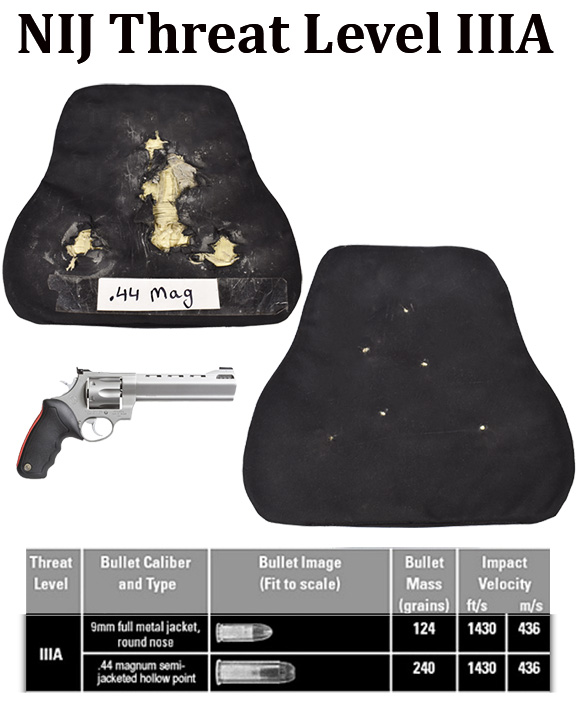
NIJ Level IIIA
This level of protection is highly recommended, and is the strongest soft body armor available. NIJ Level IIIA Armor will protect the wearer against nearly all handgun rounds up to .44 Magnum, 9mm submachinegun rounds, and even 12 gauge shotgun slugs. To be rated level IIIA, armor must protect the wearer from a .44 Magnum with a mass of 240 grains and a velocity of 1430 ft/s. Our soft body armor panels/ vests are extremely lightweight and offer fantastic protection. Since these panels are so convenient to wear, Level IIIA is a common choice for body armor panels or vests. Don't be fooled by imitation products on E-Commerce that have no testing done. Be sure to order your body armor from an NIJ Approved Manufacturer that can show test results to back up the effectiveness of their products.
NIJ Level IV
The highest rated body armor currently available, Level IV Rifle Plates will stop rifle rounds including .308, .30-06, .556, .223 and armor piercing rifle rounds! Level IV armor withstands up to 30-06 M2ap steel core armor piercing rounds with a mass of 166 grains and a velocity of 2880 ft/s. The Level IV plates have fantastic protection capabilities, however due to their weight and lack of flexibility they aren’t typically worn every day. Don't be fooled by imitation products on E-Commerce that have no testing done. Be sure to order your body armor from an NIJ Approved Manufacturer that can show test results to back up the effectiveness of their products.
What Body Armor Protection Level Should I Wear?
This depends on what type of protection you are looking for. If you want to protect yourself from handgun and some shotgun rounds, level IIIA protection is right for you. If you want protection from rifle and armor piercing ammunition, the level IV plates are the best body armor option to keep you safe.
To maximize protection and mobility, our Level IIIA Grab and Go Vest with Level IV body armor pockets is a popular option. With this vest, you have Level IIIA protection for everyday use. However, if a dangerous situation comes up where you might need to stop rifle fire, Level IV plates can be inserted into the front and back specially designed pockets. This allows you to adapt your armor to a variety of threat levels.
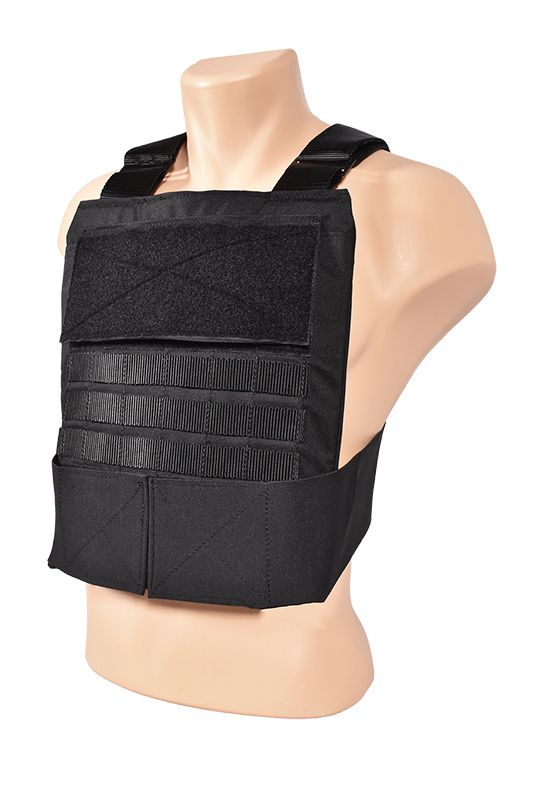
Important Abbreviations You Should Know Before Buying Rifle Plates:
When you’re looking at body armor, there can be a lot of information to process like the different NIJ levels already discussed. If you’re shopping for hard body armor plates, it’s important to look for small abbreviations like (ICW & SA). These abbreviations tell you how your rifle plates work, so make sure you know exactly what protection each of them offers before buying them.
ICW (In Conjunction With) Rifle Plates require additional level IIIA soft body armor in order to achieve the official ballistic rating. These plates are lighter than Stand Alone rifle plates, but they need level IIIA armor in order to stop the stated threat level. With this option, you can wear your soft body armor and add the ICW plates into your vest’s specially designed pockets to protect you against Level IV threats.
On the other hand, SA (Standalone) Rifle Plates are used on their own to achieve the specified NIJ rating – This means they do NOT need a soft armor backing. Level IV hard armor plates give you protection against rifle rounds and armor piercing ammunition and are typically housed in a vest carrier. Please note that rifle plates are typically large enough to cover your vitals but not large enough to cover everything (plates are typically 10”x12”). Because of this, even with Level IV plates we still recommend wearing a level IIIA soft body armor vest beneath it. That way you will have maximum protection.
How Long Can I Use My Body Armor?
Body armor materials do degrade over time and soft body armor has an average life of 5 years. Use this information to verify the manufacture date and lifespan of body armor before you purchase it so you can make sure you are safe. The body armor we carry at BlueStone Safety is backed with a 5 year life span and a full manufacturer warranty during that time period, guaranteeing the ballistic panels will stop their stated threat level during their 5 year life span.
Can I Wear Expired Body Armor?
It is not recommended to wear expired body armor. If you have expired body armor you should purchase new armor; however, it’s always better to wear your expired armor than no armor at all. Even after the 5 year life of body armor, it does still have the ability to stop rounds, but it can not be guaranteed. PLEASE NOTE: if you choose to wear expired body armor it is worn at your own risk.
Are there any Warranties I Should Look for When Buying Body Armor?
When purchasing body armor, take note of any and all warranties that come along with it. BlueStone Safety Products offers a 5 year warranty on our body armor and a 2 year warranty on our body armor carriers. We want to keep you safe, so we stand behind our product. If you have any questions or concerns please contact us.
Is It Alright to Shoot My Body Armor to Test it?
DO NOT shoot your body armor to test it unless you plan to buy a replacement! Every bullet that it stops damages the body armor and that increases the safety hazard if you were to keep wearing it. Body armor can stop more than one round, however it is NEVER recommended to wear body armor that has already been shot. Also, never test shoot your body armor while wearing the vest.
Can I Clean My Body Armor?
Yes. The specific cleaning instructions depend on what product you have:
- If you are cleaning Level IIIA ballistic panels or Level IV plates, you can clean them with a damp cloth.
- If you need to wash your body armor’s carrier
- Remove the ballistic panels from your vest carrier.
- Close all the Velcro fasteners on your carrier
- Place the carrier in the washer on a delicate cold cycle or hand wash/ dry clean the product. Never bleach your carrier!
- Allow your carrier to Air dry. Do NOT place the carrier in the dryer.
- Once everything is dry, re-insert your ballistic panels.
What’s the Best Way to Store My Body Armor?
Body armor is best stored at room temperature in a dry place that avoids direct sunlight. If you have a vest/ carrier, they store well on a hanger or laid flat.


